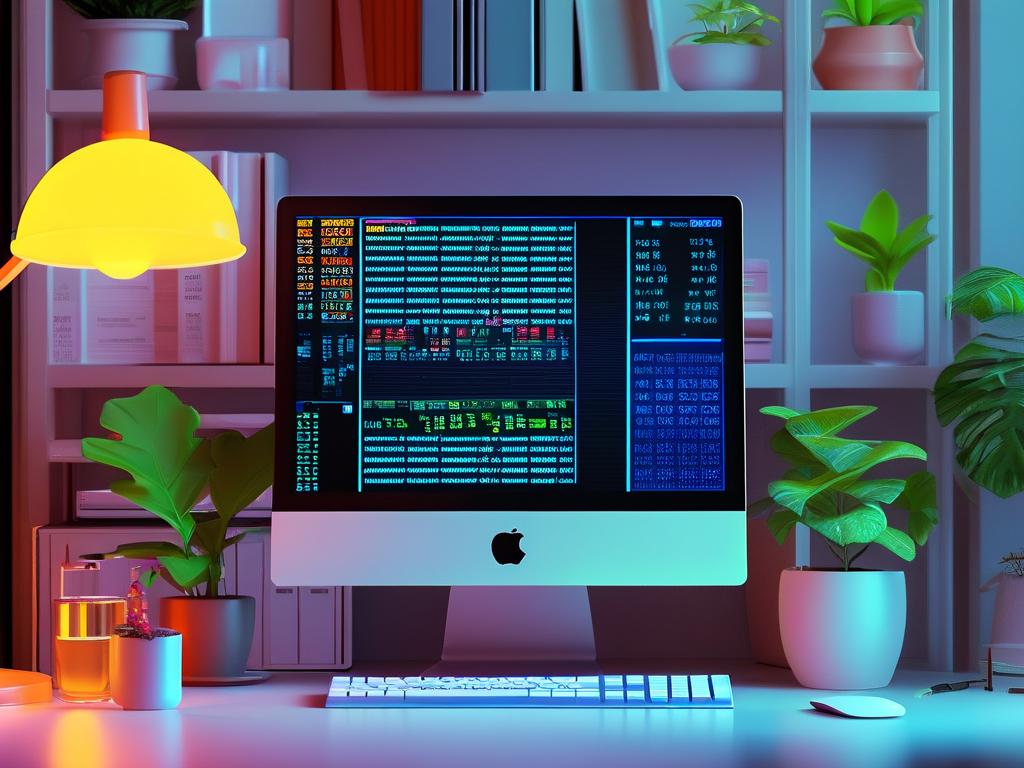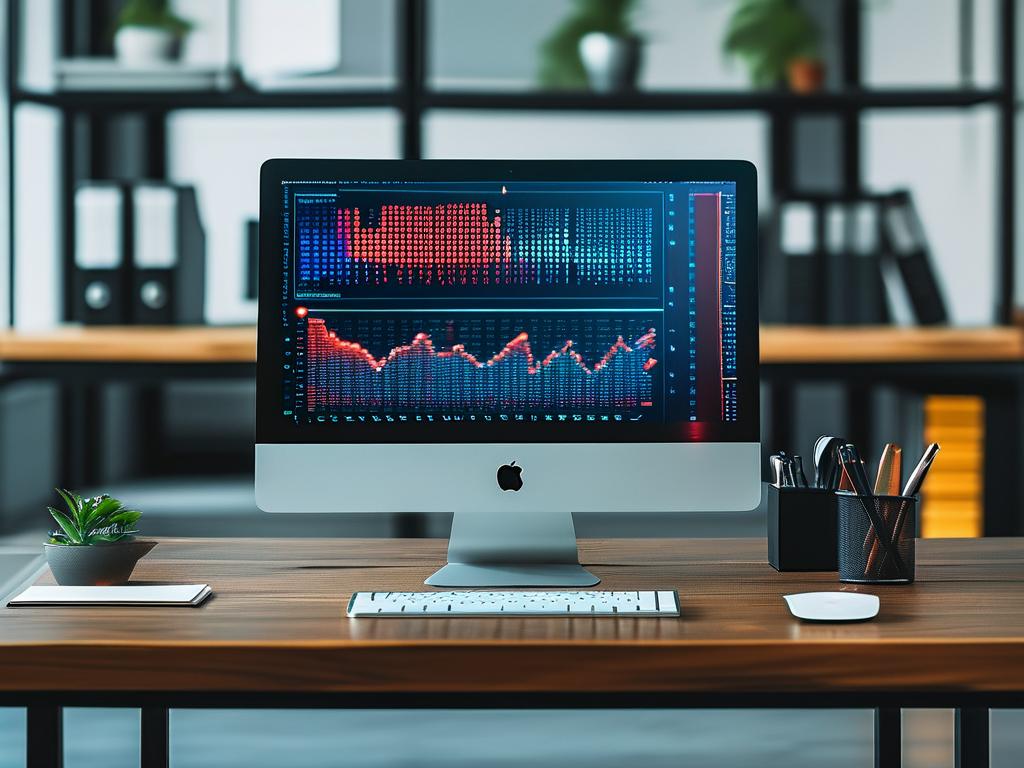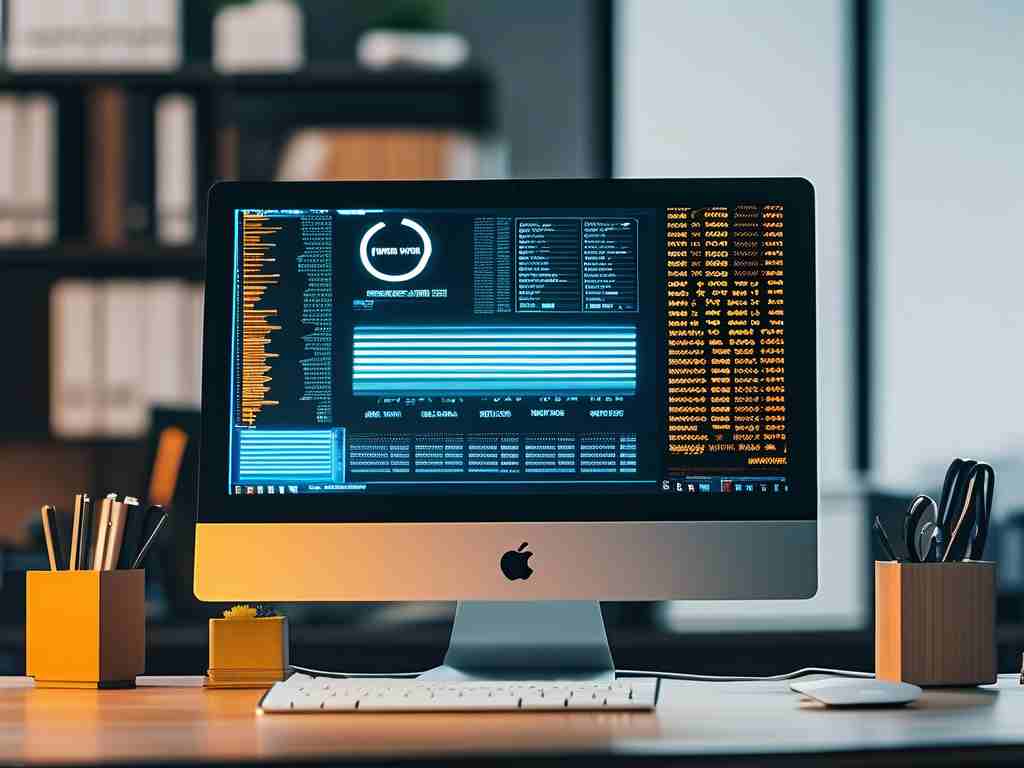In today’s smartphone-dominated world, apps designed to hide sensitive data—such as disguised calculator apps—have gained popularity. But one question lingers: How much memory do these "secret" apps actually consume? Let’s dive into the technical and practical aspects of their storage footprint and what it means for your device.
The Illusion of Lightweight Design
Many users assume that calculator-themed hidden apps are lightweight because of their minimalist interfaces. After all, a basic calculator app typically uses between 5–15 MB of storage. However, hidden variants often bundle encryption, password protection, and media storage features, which inflate their memory requirements. For instance, popular apps like Secret Calculator% or Photo Vault Calculator can occupy 30–100 MB, depending on the volume of stored files.
A quick test using Android’s ADB (Android Debug Bridge) reveals this disparity. Running adb shell dumpsys meminfo [package_name] for a standard calculator app shows minimal RAM usage (under 50 MB). In contrast, hidden apps with active vault features may spike to 150–300 MB of RAM during file encryption or decryption.
Why Storage Claims Can Be Misleading
App store listings often advertise storage requirements without accounting for cached data or user-uploaded files. For example, a hidden calculator app might state it uses "20 MB" upfront. But if you store 5 GB of photos or videos within it, the app’s actual memory footprint balloons. This is because the app creates a secure container, which the operating system treats as part of the app’s allocated space.
To measure real-world usage:
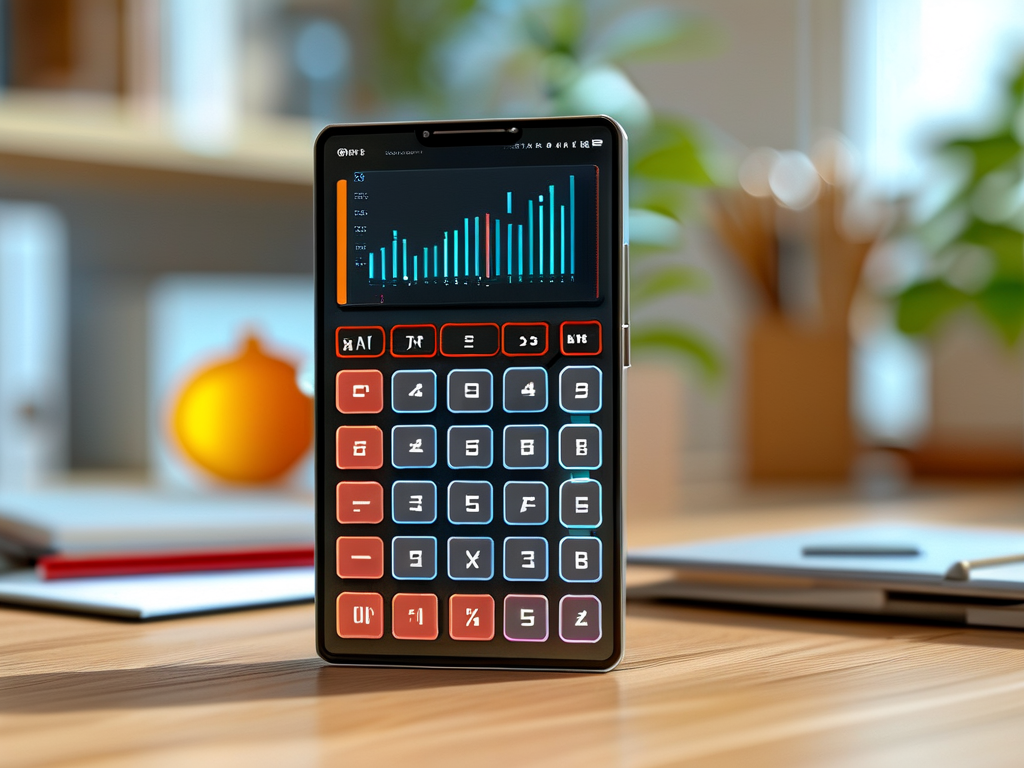
- Navigate to Settings > Storage > Apps (Android) or Settings > General > iPhone Storage (iOS).
- Select the app to view its "App Size" and "User Data" breakdown.
You’ll often find that the "User Data" section dwarfs the initial installation size.
Comparing Popular Hidden Calculator Apps
Let’s analyze three apps claiming to optimize memory:
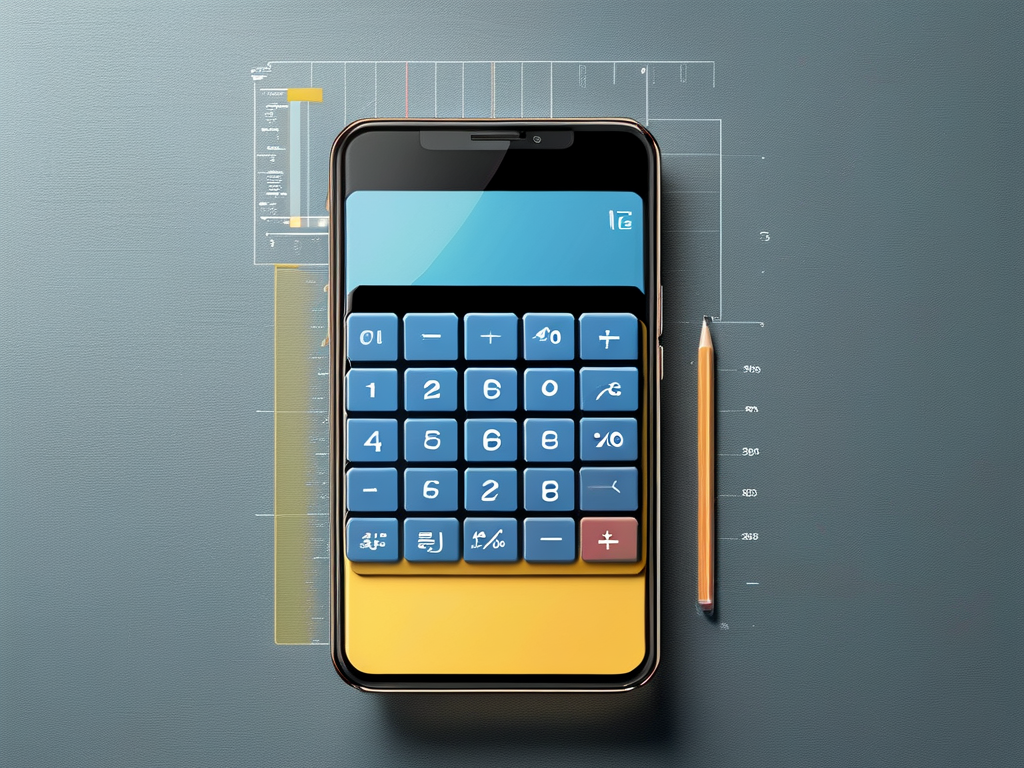
- App A: Advertises 15 MB storage. After storing 200 photos, it consumes 2.1 GB.
- App B: Requires 25 MB initially but uses 180 MB of RAM when locking/unlocking files.
- App C: Markets itself as "cloud-integrated," offloading data to servers. While local storage stays under 30 MB, frequent syncs drain RAM and battery.
This variability highlights the importance of testing apps under real-world conditions rather than relying on marketing claims.
Minimizing Memory Impact
If you need a hidden storage solution without hogging resources, consider these tips:
- Use Offline Encryption Tools: Apps like Cryptomator or Veracrypt let you encrypt files manually, avoiding hidden apps’ overhead.
- Limit Stored Media: Compress photos/videos before saving them to reduce container size.
- Monitor Background Activity: Apps like Greenify (Android) or Battery Health (iOS) can identify memory-hungry processes.
The Trade-Off Between Privacy and Performance
While hidden calculator apps offer convenience, their memory usage reflects a trade-off. The more layers of security and features they add, the heavier their resource toll. For users with older devices or limited storage, this could mean slower performance or frequent lag.
Developers are gradually addressing this. The latest versions of Private Calculator Pro and Stealth Photo Vault, for instance, now use zRAM compression to reduce active memory usage by up to 40%. However, such optimizations remain rare in the niche.
Final Thoughts
Hidden calculator apps are far from the lightweight tools they appear to be. Their memory consumption hinges on functionality, stored data volume, and background processes. Before installing one, assess your device’s specs and prioritize apps with transparent storage metrics. For occasional use, they’re viable—but for heavy-duty privacy needs, dedicated encryption software might be a leaner alternative.


